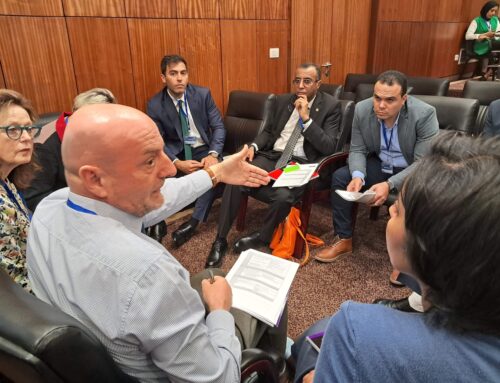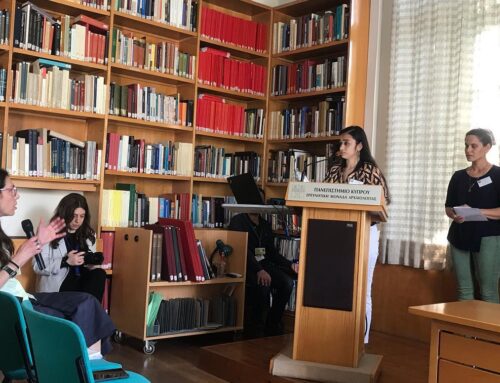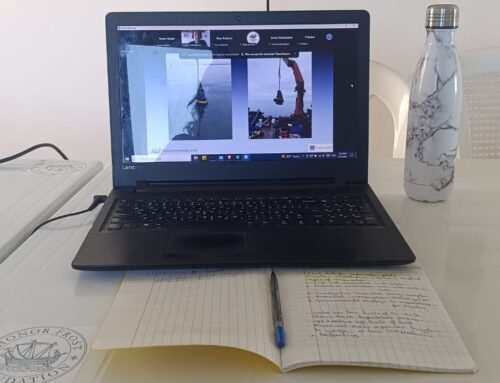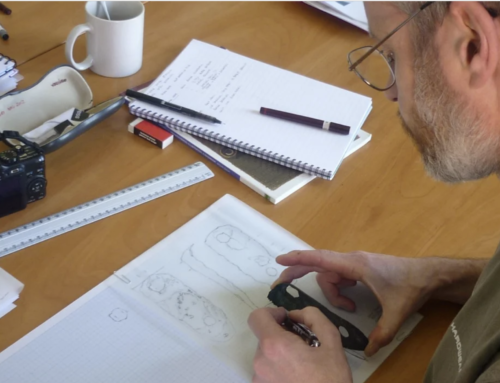The British Academy and the Honor Frost Foundation held a Policy Forum on Thursday, 22 January 2015 that brought together an invited audience from a wide cross-section of people to consider public policy towards First World War shipwrecks. Case studies from a range of initiatives in the course of the Centenary provided a backdrop to discussing the challenges and opportunities presented by First World War shipwrecks in home waters and abroad. Read Background paper on First World War shipwrecks prepared in advance of the meeting.
The aim of the Policy Forum was both to mark the First World War Centenary and to contribute to improved public engagement with this legacy for the future. (See Programme with a description of the speakers & list of the attendees and participants)
The case studies presented at the Policy Forum underlined the range of academic and grass-roots initiatives focusing on First World War shipwrecks. There was much positive discussion of issues and opportunities, whilst also recognising many challenges. Contributions to the debate can be summarised under three headings:
Co-operation and partnership with other countries
- Many First World War shipwrecks in UK waters have an international dimension. The UK should invite and encourage other countries to take an interest in First World War shipwrecks in UK waters.
- The UK already has a great deal of experience and good practice to share in investigating and raising public awareness of First World War shipwrecks. The UK should seek to share good practice in this matter through European and international networks.
- The 2001 UNESCO Convention for the Protection of Underwater Cultural Heritage provides the best available framework for safeguarding First World War shipwrecks in which the UK has an interest that are located in international waters or the waters of other countries. UK ratification of the 2001 UNESCO Convention should be encouraged (see First World War case studies and Promoting 2001 UNESCO Convention).
Significance
- It is very important to recognise the intangible heritage associated with First World War shipwrecks, especially commemorative links between shipwrecks and families and communities. These connections may be as important for present and future generations as the more technical measures against which the significance of shipwrecks is normally assessed.
- Conserving the significance of First World War shipwrecks is a process, not an endpoint. The significance of First World War shipwrecks is likely to broaden and expand as their relationship to the conflict and the web of individuals associated with their construction, use and loss become apparent.
- The increasing understanding of First World War shipwrecks and their significance should be made widely available, to re-connect people – especially the non-diving public – with maritime heritage and address the ‘sea-blindness’ of much of the First World War centenary agenda.
- Greater coordination amongst the heritage agencies could help to ensure that results arising from the surge of interest in Fist World War shipwrecks are captured within heritage databases so that this work remains available for future generations.
Conservation and protection
- First World War shipwrecks have a finite future. The long-term conservation of metal wrecks presents practical and theoretical challenges that need to be acknowledged so that sustainable strategies can be identified.
- There is an overwhelming case for greater joined-up government in respect of First World War shipwrecks, encompassing the different interests and responsibilities of Government departments and agencies. Specific measures to stimulate an integrated and coherent approach by Government to First World War shipwrecks are required.
- Marine planning and licensing provides a framework through which First World War shipwrecks in the UK Marine Area can be managed. It is important for archaeologists and heritage managers to engage with this framework.
- There is an important role for academia to play in stimulating engagement with First World War shipwrecks, especially across disciplines. There is potential for greater collaboration between historians and archaeologists in the UK on topics relating to the First World War at sea. More direct involvement from the academic community on specific research initiatives could lead to enhanced protection of First World War shipwrecks.
An article about the Policy Forum and the war at sea has been published in British Archaeology (March April 2015 issue) by Dr Mike Heyworth, a Forum discussant and Director of the Council for British Archaeology.





